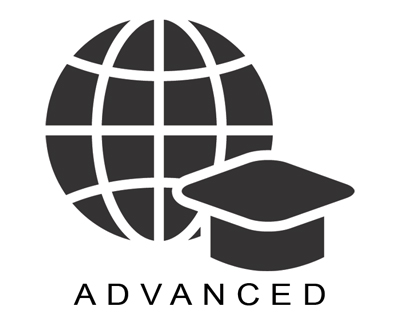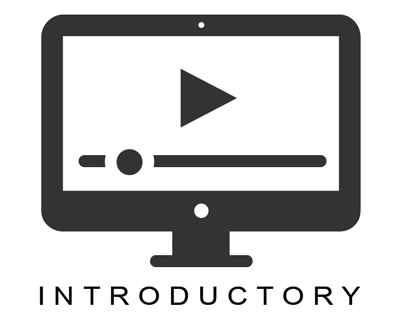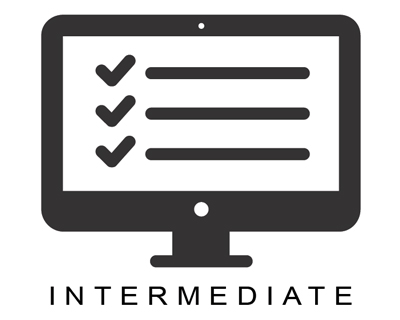This project aims to assess the presence and distribution of PFAS in commercially available compost, biosolids fertilizers, and paper food packaging. Products were obtained from national and local retail outlets and analyzed for 12 PFAS compounds following the 1633 method. Results show a maximum total concentration of PFAS in compost at 41.55.Speakers: Maryam Saffari AmanDuration:… Continue reading FEE.312-Characterizing PFAS in Commercially Available Compost, Biosolids Fertilizers and Paper Food Packaging-AC24.CREF
Category: Feedstock
FEE.115-Field Validating Compostable Products: How BPI is Addressing Composter Confidence in Certification-AC23.USCC
BPI certification was launched in 1999 as a joint initiative with USCC, with agreement between the producers and receivers of the compostable product on the criteria for certification. Fast forward 20+ years and there’s a growing composter confidence issue, in part linked back to alignment on whether the certification criteria is a reliable enough indicator… Continue reading FEE.115-Field Validating Compostable Products: How BPI is Addressing Composter Confidence in Certification-AC23.USCC
FEE.222-The Trials and Tribulations of Compostable Product Labeling – New Consumer Research to Guide Decision Making-AC23.USCC
This first-of-its-kind study reveals how consumers and end-users respond to different labeling techniques of both non-compostable and food-contact compostable packaging, offering important data to inform labeling regulations and manufacturer/brand decision-making.Speakers: Caroline Barry, Wendell SimonsonDuration: 23 minutesCredits: 0.5Member Price: $30.00Non-Member Price: $52.50Purchase Course Now
FEE.114-Field Testing Programs and Experience-AC22.CREF
When deciding whether to accept compostable products with food scraps – what’s in and what’s out – it pays to go beyond the lab to see how products breakdown in real-world conditions. Join a panel of field testing experts and compost manufacturers to talk about the ins and outs of on-site disintegration testing for compostable… Continue reading FEE.114-Field Testing Programs and Experience-AC22.CREF
FEE.211-Fluorinated Chemicals in Compostable Products: A Certifier’s Perspective-AC20.USCC
This video discusses the certification process of compostable products, and more specifically, the use of the compound PFAS (fluorinated chemicals) and its concerns. Speakers: Rhodes Yepsen Duration: 24 minutes Credits: 0.5 Member Price: $30.00 Non-Member Price: $52.50 Purchase Course Now
FEE.113-Eligibility, Labeling and Identification Requirements and Guidance at BPI-AC22.USCC
This talk covers the “voluntary (ie, non-regulatory) approach” to labeling–what compostable product manufcturers and distributors that accept the BPI Certification are required to do Speakers: Wendell Simonson Duration: 24 minutes Credits: 0.5 Member Price: $30.00 Non-Member Price: $52.50 Purchase Course Now
FEE.112-The BPI Roadmap to Overcoming Challenges to Compostable Product Acceptance-AC22.USCC
In 2021 BPI released a Roadmap to address the top barriers to the acceptance and successful processing of certified compostable products. The Roadmap was a culmination of a series of BioCycle-facilitated workshops with stakeholders from across the value chain — composters, haulers, municipalities, foodservice operators, brands, and compostable product companies. The goal was to “build… Continue reading FEE.112-The BPI Roadmap to Overcoming Challenges to Compostable Product Acceptance-AC22.USCC
FEE.111-The USCC Guide to Accepting or Rejecting Compostable Products-AC22.USCC
Presentation will walk attendees through the USCC’s Compost Manufacturers’ Decision Making Guide to Accepting or Rejecting Compostable Products, released in September 2021 and written by BioCycle Associates. The Guide includes key observations regarding composting certified compostable products, a Decision Tree, and accompanying worksheets that cover composting site assessment, business implications, feedstock source control, composting equipment… Continue reading FEE.111-The USCC Guide to Accepting or Rejecting Compostable Products-AC22.USCC
FEE.110-PFAS in Biosolids Composts-AC21.USCC
Is PFAS in biosolids composts a concern? Measured concentrations will be compared against regulatory guidance values. Speakers: Todd Williams Duration: 26 minutes Credits: 0.5 Member Price: $30.00 Non-Member Price: $52.50 Purchase Course Now
FEE.221-Technology-Led Techniques to Reduce Contamination in Organics Recycling-AC22.USCC
There are few things more frustrating to an organics recycling professional than contamination. In the case of organics, there is no “silver bullet” for addressing the challenges posed by materials that contaminate the source-separated waste stream. In this session, Rubicon’s Director of Circular Economy Solutions, Ryan Cooper, will discuss, alongside panelists from Atlas Organics and… Continue reading FEE.221-Technology-Led Techniques to Reduce Contamination in Organics Recycling-AC22.USCC


